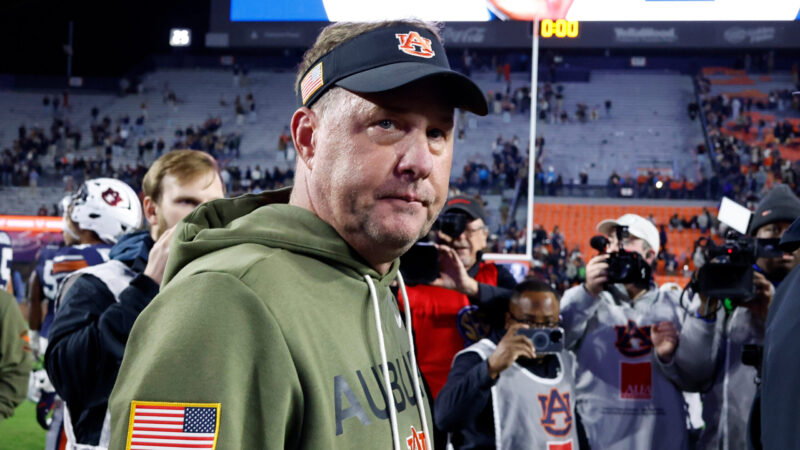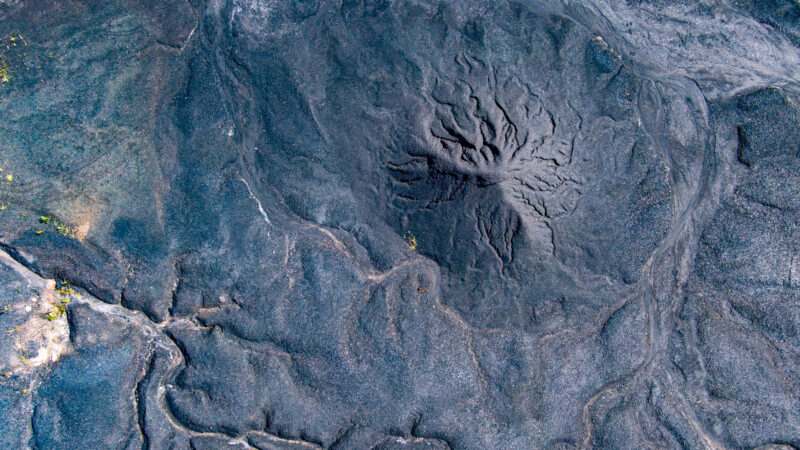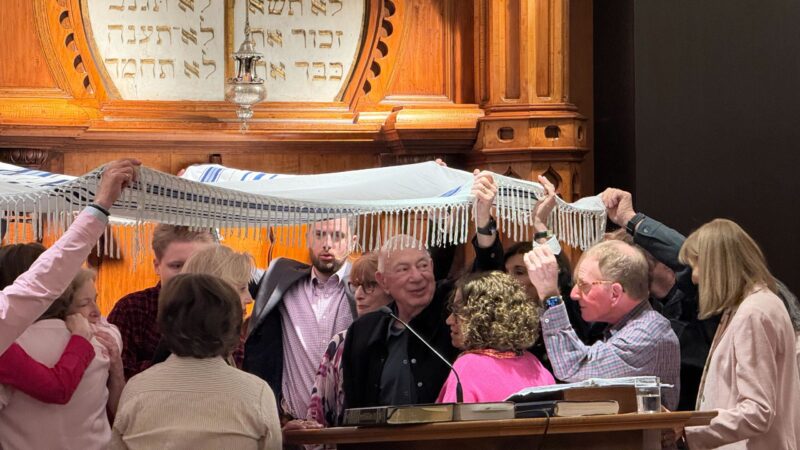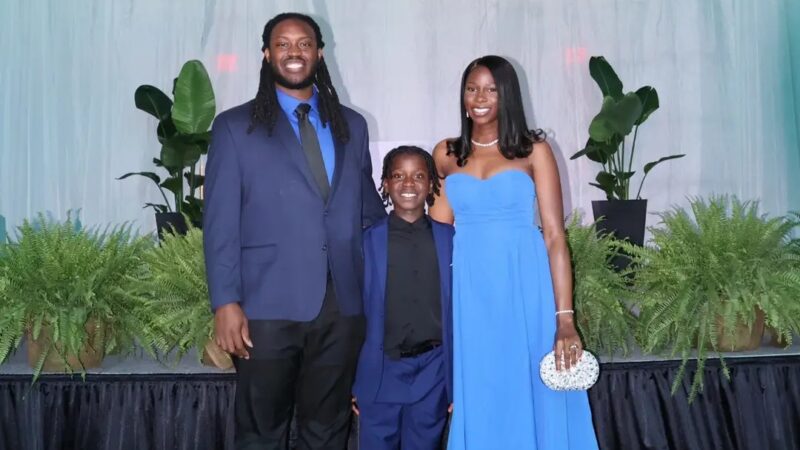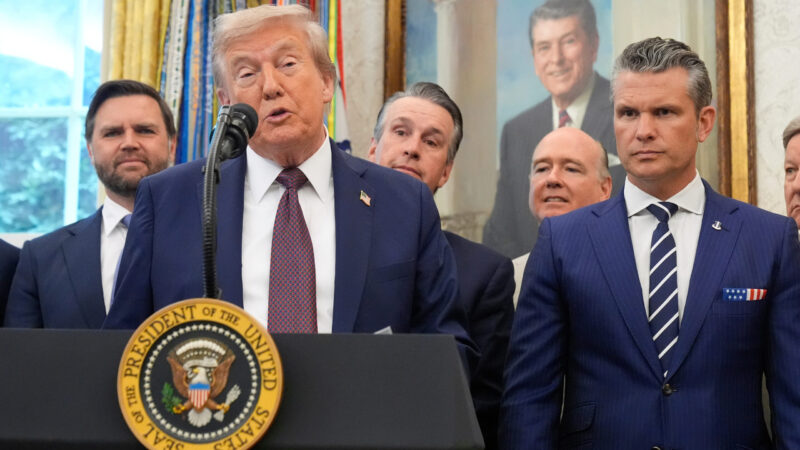Gulf States will get $100M to expand internet access. Here’s what they’re prioritizing
As Alabama, Louisiana and Mississippi are gearing up to receive at least $100 million each to expand high speed internet access as part of the Infrastructure Investment and Jobs Act, a new report from Pew Trust examined how individual states fund their broadband projects.
The study found that while most states prioritize reaching unserved communities — areas where internet speeds are lower than the Federal Communications Commission’s threshold for broadband — what areas are eligible and even standards for broadband speeds differ from state to state.
The FCC defines broadband as 25 megabits per second or higher for downloads and 3 Mbps or higher for uploads — commonly referred to as 25/3 Mbps. This threshold, however, can be too slow for many users as more of our daily functions happen online, tech experts say. In March, a group of U.S. Senators pushed for the FCC to update its definition to 100/100 Mbps.
How well a 25/3 Mbps connection works can be impacted by different factors, including how many users are in a household and how they are using the connection. Applications like Zoom, which have become necessary for the millions of people taking classes online or working remotely during the pandemic, also require faster upload speeds.
In some rural counties of Alabama, Mississippi and Louisiana, less than three percent of households have internet speeds of 25/3 Mbps, according to data analysis from Vox’s tech site the Verge. A different study from the Joint Center for Political and Economic Studies found that broadband is out of reach for nearly one in four Black residents in the rural South.
As states begin funding their broadband projects choosing which internet speeds to reach for is important so a new digital gap is not created. Anna Read, Senior Officer of Pew’s Broadband Access Initiative, said this digital divide is called the donut hole effect.
“When you’re looking at only finding areas lacking services at [low speeds] and then incentivizing speeds of 100 Mbps, and you’re creating a fairly large gap between areas that kind of fell in the middle of not being unserved, but not having the speed that you’re incentivizing providers to build to with those funded projects,” Read said.
Some states, like Florida, set their broadband threshold at 10 Mbps for downloads. Alabama, Mississippi and Louisiana set theirs at the FCC’s recommended 25/3, and Mississippi is requiring new projects to meet the higher 100/100 Mbps threshold. Alabama and Louisiana both have plans to scale their networks up to eventually reach the 100/100 Mbps recommendation — Louisiana hopes to accomplish this by 2029.
Pew’s report recommends that states consider how to improve broadband access in conjunction with how to keep internet plans affordable for unserved and underserved communities.
Read says lawmakers should not go too fast in trying to speed things up. Slowing down the decision-making process could deliver faster speeds more equitably.
“States have the opportunity to take time to plan, to ensure that that funding is meeting the needs of their unserved areas and their underserved areas,” she said.
This story was produced by the Gulf States Newsroom, a collaboration between Mississippi Public Broadcasting, WBHM in Birmingham, Alabama, WWNO in New Orleans and NPR.
Auburn fires coach Hugh Freeze following 12th loss in his last 15 SEC games
The 56-year-old Freeze failed to fix Auburn’s offensive issues in three years on the Plains, scoring 24 or fewer points in 17 of his 22 league games. He also ended up on the wrong end of too many close matchups, including twice this season thanks partly to questionable calls.
In a ‘disheartening’ era, the nation’s former top mining regulator speaks out
Joe Pizarchik, who led the federal Office of Surface Mining Reclamation and Enforcement from 2009 to 2017, says Alabama’s move in the wake of a fatal 2024 home explosion increases risks to residents living atop “gassy” coal mines.
‘It’s like feeling the arms of your creator just wrapped around you’: a visit to a special healing Shabbat
Members of Temple Emanu-El in Birmingham gathered recently for their traditional Friday Shabbat service. But this particular service was different, as could be seen by all the people dressed in their finest pink.
Space Command is coming to Huntsville. What might that mean for first-time homebuyers
While Huntsville has been a more affordable market than other growing cities, what’s it been like for those looking for their first home?
Colorado says relocation of Space Command to Alabama is ‘punishment’ for mail-in voting
The litigation announced by Colorado Attorney General Phil Weiser asks a federal judge to block the move as unconstitutional.
Breaking down Alabama’s CHOOSE Act
It’s been a year since Alabama legislators passed the CHOOSE Act allowing families to apply for state funds to use towards homeschool expenses and tuition for participating private schools. The Alabama Daily News’ education reporter Trisha Powell Crain has been diving into how the funds are being used. WBHM’s Andrew Gelderman sat down with her to talk about what we’re seeing so far.


